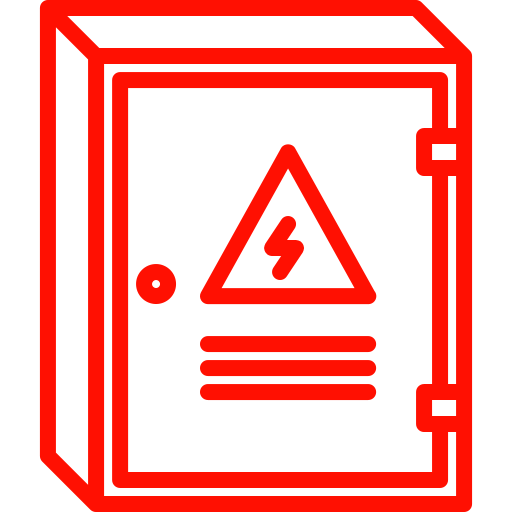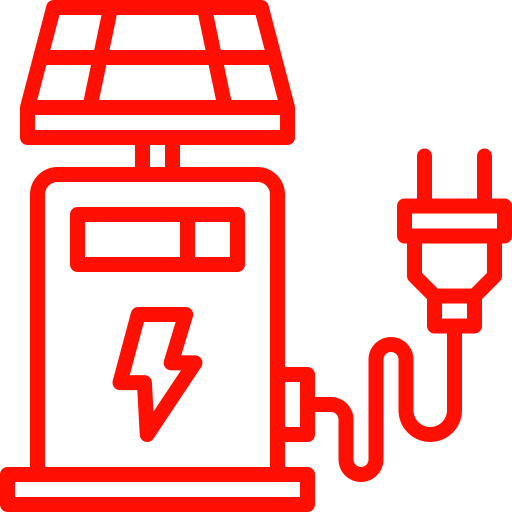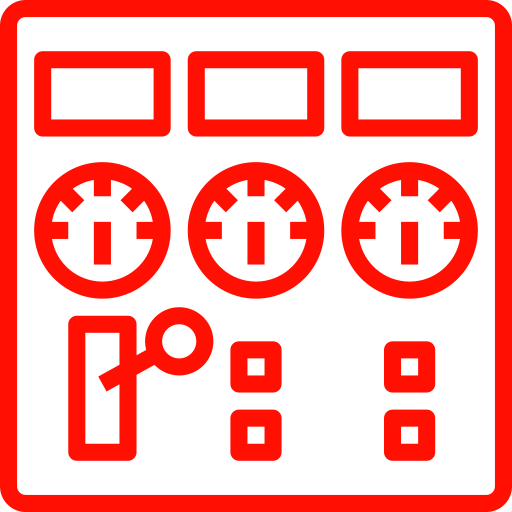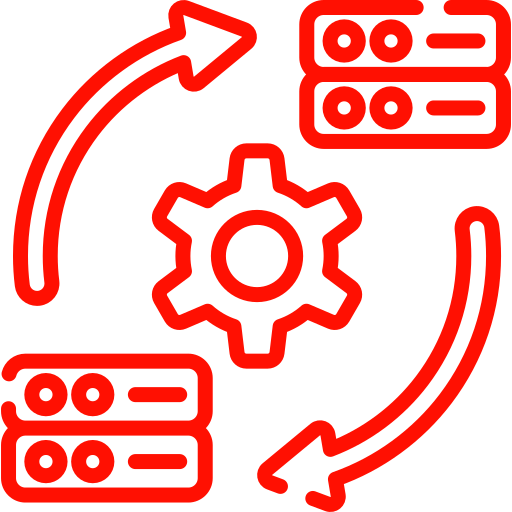panel manufacturer
What is a Panel?
Key Features:
- Robust construction using premium-grade materials.
- Advanced safety mechanisms to prevent electrical hazards.
- Customizable designs to suit specific applications.
- Energy-efficient components for optimal power usage.
- Compliance with industry standards for quality and safety.
Applications:
- Residential Buildings: Manage and distribute electricity to individual circuits.
- Commercial Complexes: Ensure uninterrupted power for offices and retail spaces.
- Industrial Facilities: Handle high electrical loads safely and efficiently.
- Renewable Energy Systems: Distribute power from solar or wind energy sources.
- Hospitals and Institutions: Provide reliable power distribution for critical operations.
Electrical panels function as the central hub for managing power distribution, automation, and system safety. These panels are essential in ensuring that electrical loads are handled with precision and reliability, particularly in operations that demand continuous uptime. As a seasoned panel manufacturer in Mumbai, DJ Electro Controls specialises in designing and building custom electrical panels tailored to diverse industrial requirements.
These panels integrate crucial components that enable motor control, circuit protection, power monitoring, and automation. A properly engineered panel minimises the risk of electrical faults, reduces downtime, and protects equipment from damage. Without this infrastructure, even minor issues can escalate into serious operational failures, making the role of a trusted panel manufacturer critical to long-term plant efficiency and safety.
Key Functions and Components of Industrial Electrical Panels
At their core, electrical panels are enclosures that contain a set of components working in sync. Each component serves a distinct role:
- Circuit breakers ensure overcurrent protection
- Contactors and relays control switching functions
- Timers and meters support automation and diagnostics
- Busbars and wiring provide internal power routing
- Control switches and indicators aid manual operations and fault indication.
A reliable panel manufacturer carefully selects and configures these parts based on the specific industrial use case, ensuring optimal performance even under harsh working conditions.
Factors That Define a High-Performance Panel
Thermal Performance
High ambient temperatures are common across manufacturing units. Without proper thermal management, internal components can overheat, leading to system failures. Panels are designed with:
- High-quality ventilation grills
- Sufficient spacer arrangements to avoid heat accumulation
- Compatibility with external cooling units when required
- Use of heat-resistant components
Maintenance and Access
- Modular layout for quick part replacement
- Clear cable labelling and color coding
- Swing-type doors and removable back panels
- Door interlock systems for safe maintenance
Electrical Stability and Fluctuations
- Voltage spikes through surge protection devices
- Fluctuating loads using power factor correction
- Automatic switching for backup power
Dust and Particle Resistance
- IP-rated enclosures with dust-sealed doors
- Enhancedgasket sealing
- Internal dust protection layers for sensitive instruments
Types of Electrical Panels Offered
Main Distribution Panels (MDP)

Motor Control Centers (MCC)
Essential for industrial motor management, MCCs include motor starters, overload relays, and contactors to ensure safe operation and speed control. These panels are modular and often housed in floor-mounted cabinets.

Automatic Power Factor Correction Panels (APFC)

PLC-Based Control Panels

Synchronization Panels

This internal structure is designed for modularity—so upgrades, replacements, and maintenance are fast and non-intrusive.
Customization and Engineering Standards
Every industrial setup has different needs based on its size, machinery, load patterns, and operating environment. As an experienced panel manufacturer, DJ Electro Controls emphasises customisation backed by engineering best practices.
- Panel Size Optimization : Based on layout and component configuration
- Component Selection : Only ISI-certified or global-grade components
- Load Calculation : Accurate capacity planning ensures performance reliability
- Wiring Practices : Ferruled, color-coded, and numbered wiring for quick troubleshooting
- Standard Compliance : Panels are manufactured as per IS, IEC, or customer-specified standards
Why Proper Panel Design Matters for Long-Term Reliability
- Frequent tripping of breakers
- Overheating of wiring
- Inconsistent power supply to machines
- High operational cost due to poor power factor
- Increased downtime during maintenance
Cost-Effectiveness Over Lifecycle
With reduced breakdowns and energy losses, the overall total cost of ownership drops significantly.
Testing and Quality Control
Before dispatch, each panel undergoes rigorous testing protocols, including
Insulation resistance testing
High-voltage withstand testing
Functional simulation under load
Continuity and labeling audit
Terminal torque check
Integration With Modern Monitoring Systems
- SCADA systems :for remote monitoring.
- IoT-enabled sensors : for real-time status
- Energy management dashboards : to track consumption patterns
- Alarm systems : for fault alerts



